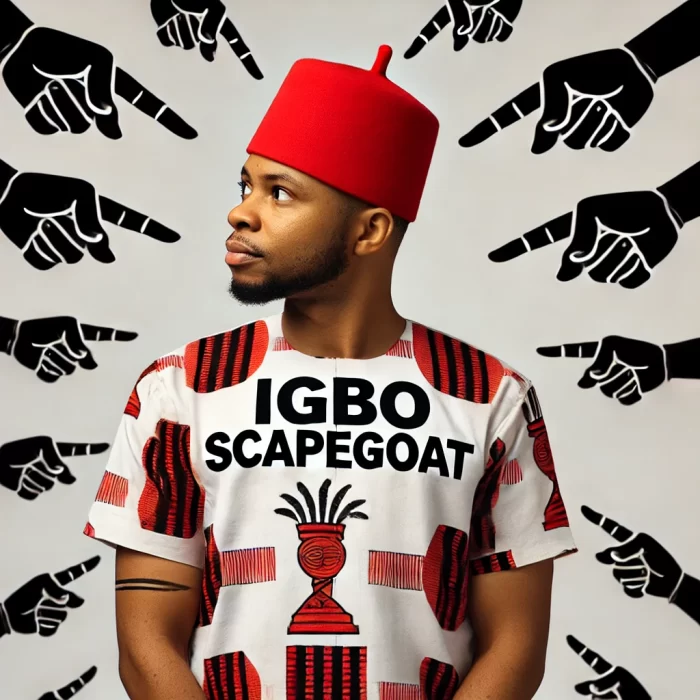By Nnaoke Ufere, PhD
Today in Nigeria, there is a palpable sense of disillusionment that has seeped into the national dialogue. Conversations online and offline are rife with observations of what is wrong—a reflection of genuine frustrations with the myriad of challenges the country faces, from corruption and economic hardships to poverty and insecurity.
Yet, this singular focus on the negative aspects and the persistent complaints can be counterproductive. In meetings with fellow Nigerians, this constant refrain of criticism rarely includes constructive ideas for improvement or actionable solutions.
The discourse is often rich in identifying problems and who to blame, with time consumed by a cycle of grievances, blame-shifting, gaslighting, blackmail, and name-calling.
The blame is frequently directed at politicians, different tribes, religions, regions or other individuals – the finger is always pointed outward. But rarely is there a moment dedicated to seeking solutions to the many problems faced by the nation, and this cycle of blame and lack of solutions tends to persist in subsequent meetings.
Vice President Spiro Agnew’s phrase “Nattering Nabobs of Negativism” echoes profoundly when observing the pervasive culture of criticism and complaints within our Nigerian society.
This particular expression of pessimism has become a staple in the way we Nigerians often discuss our own country—a relentless focus on the flaws, with scant acknowledgment of successes or progress or contribution of ideas to make the country better.
This pervasive negativity is not without consequence; it permeates the collective consciousness, often overshadowing the nation’s potential and achievements. More so, the continuous negativity and habit of complaining drain our vitality and capacity to devise solutions for our challenges.
Moreover, there is a tendency to dissociate oneself from the challenges, to view the issues as the exclusive domain of the leaders or ‘the system.’ This detachment is indicative of a failure to recognize the potential for collective action and personal accountability in enacting change.
Leadership is often perceived as a distant and abstract ideal bestowed on politicians and government officials only rather than as a daily exercise of civic involvement and accountability that each of us should embody. It is not solely the realm of people at the top. Each of us carries the mantle of leadership and should shoulder the responsibilities it entails.
The transformation of our nation that we yearn for is contingent upon the active participation of each individual. Until we embrace the idea that we are an integral part of both the problem and the solution, significant progress will remain elusive.
Our collective and individual ownership of our country’s challenges is the first step toward self-empowerment and change. It requires a shift from a culture of complaint to one of contribution, from finger-pointing to hand-raising, ready to work towards change.
However, it’s important we do not dismiss the underlying reasons why some individuals may not contribute positively but are quick to express dissatisfaction. Factors such as lack of opportunities, feelings of disenfranchisement, or past experiences of neglect by our society could lead to a sense of detachment or cynicism. In such contexts, complaints may be symptomatic of deeper systemic issues rather than mere unwillingness to contribute.
Encouraging civic engagement, creating inclusive platforms for dialogue, and educating about the importance of personal and social responsibility can help integrate such individuals into finding the productive solutions to address their complaints.
In conclusion, while it is crucial we remain vigilant and critical of political malpractices and governmental shortcomings, this should be balanced with proactive involvement and solution-oriented thinking.
The narrative needs to evolve from negativism to constructive engagement, where every Nigerian sees themselves as a custodian of our nation’s destiny. By doing so, the “Nattering Nabobs of Negativism” can transform into the diligent architects of our nation’s renaissance, harnessing the power of collective will to unleash Nigeria’s untapped potential.




